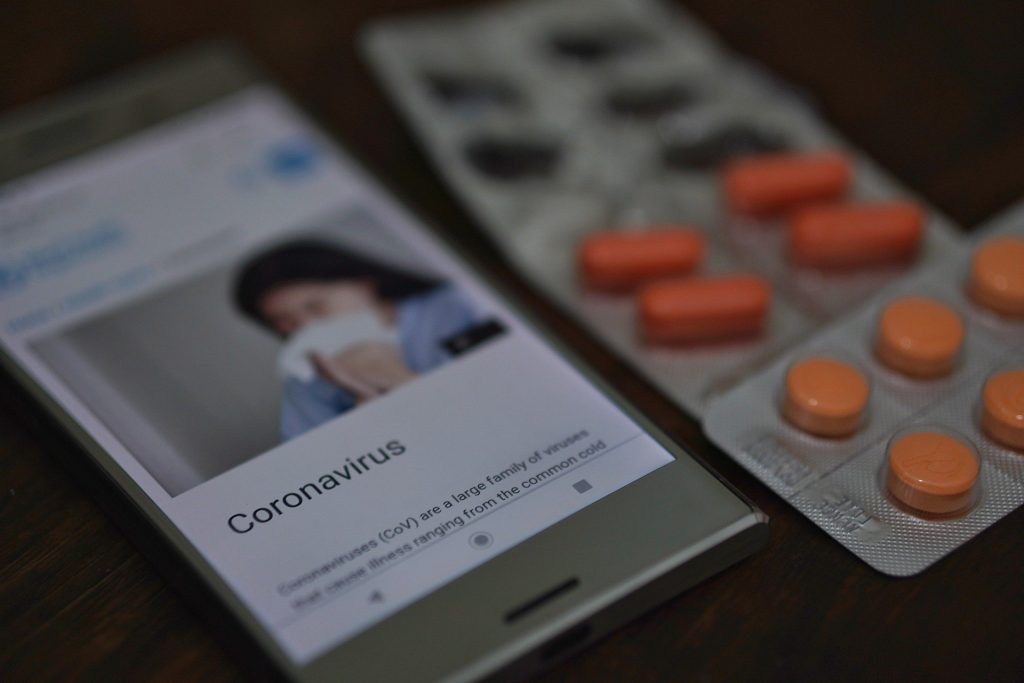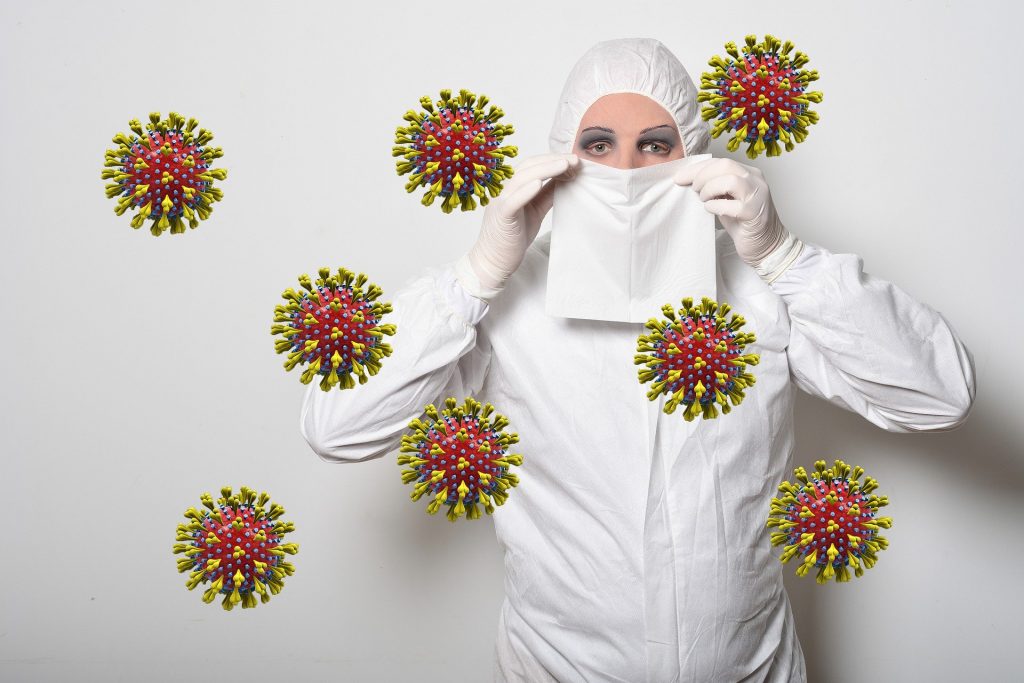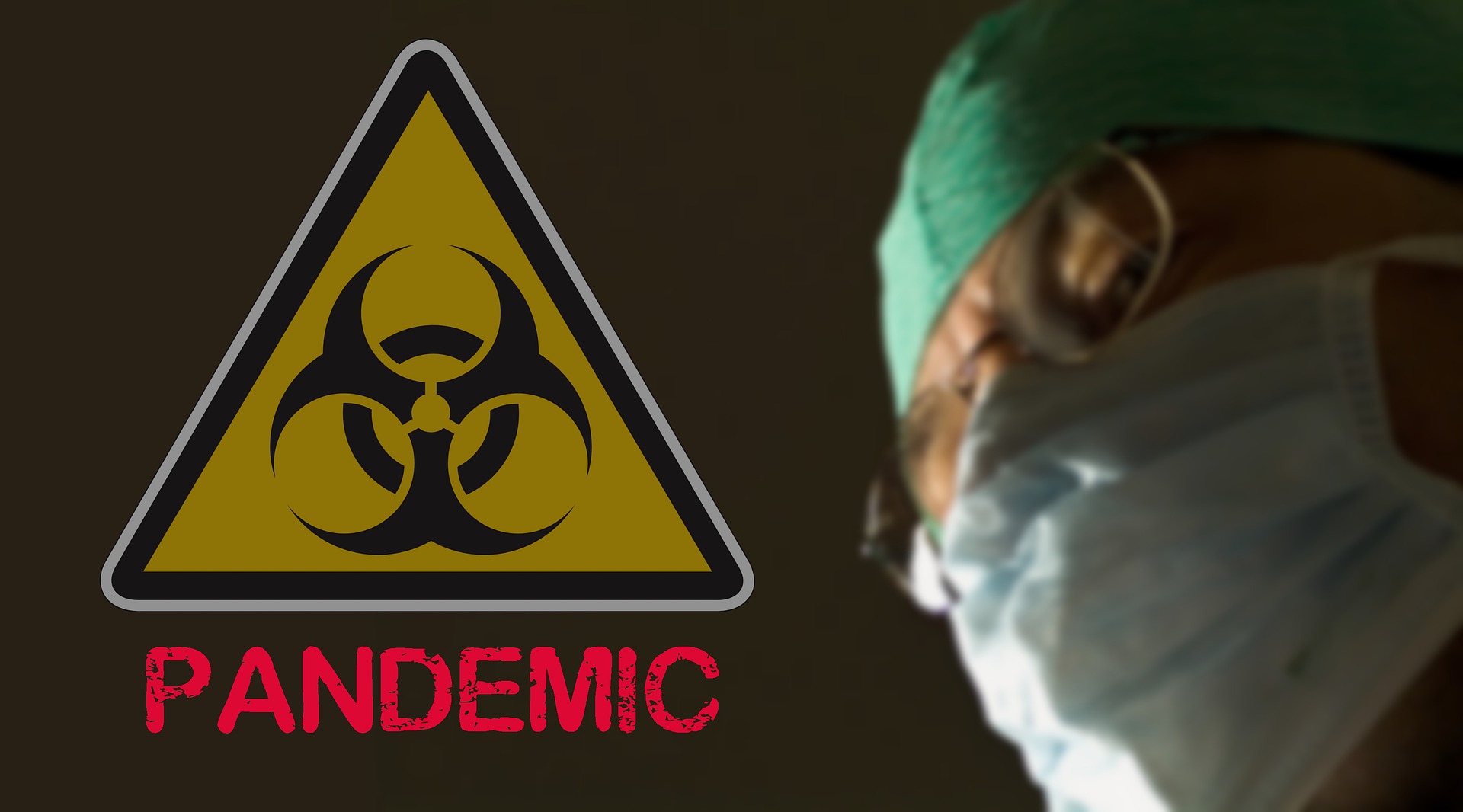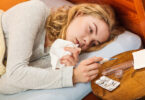HISTORY AT A GLANCE
As of February 2, 2020, mainland China reported 17,187 confirmed cases of new coronavirus-infected pneumonia (NCIP), including 362 deaths. The first case was reported in December 2019. Since then, cases have also been reported in at least 23 other countries, including the US, and the US have not been reported. Canada, Australia, Japan, Thailand, Vietnam, Singapore, Taiwan, South Korea and France
NCIP clinical manifestations are consistent with viral pneumonia.
https://en.wikipedia.org/wiki/NISO_Circulation_Interchange_Protocol
The wobbling hysteria follows a widely used pattern in which the population remains fearful of microbes so that pharmaceutical companies can come to the rescue with another expensive (and potentially mandatory) drug or vaccine
In January 2018, China’s first level 4 biosecurity laboratory designed for the study of the world’s most dangerous pathogens opened in Wuhan City, the epicenter of the current NCIP outbreak
On October 18, 2019, the Johns Hopkins Center for Health Safety, the World Economic Forum and the Bill and Melinda Gates Foundation sponsored a pandemic preparedness exercise in New York, practicing the onset of a new viral disease “acute coronary pulmonary syndrome.”
Chances are you’ve heard the news about a new potentially lethal coronavirus. Ground zero is the city of Wuhan, Hubei Province in China. As of 2 February 2020, mainland China reported a total of 17,187 confirmed cases, including 2,110 serious cases and 362 deaths (including a retired physician working with coronavirus patients in Wuhan3).
The first case was reported in Wuhan on December 21, 2019. According to the International ProMED Society for Infectious Diseases

Care tips
Here you can download the WHO “Quick Advice Note”, which details how to care for patients with mild Symptoms of NCIP at home. Recommendations include:
Place the patient in a well-ventilated room.
Limit the number of caregivers. Ideally, designate a younger, healthier person who does not have underlying risk factors to care for the patient (older people appear to be more susceptible to serious illness)
Keep other household members in a different room, or keep a distance of at least 1 meter (3.2 feet) from the patient
Limit patient movement and minimize shared space. Make sure shared spaces, such as the kitchen and bathroom, are well ventilated by keeping the windows open
Instructions on protective equipment, such as masks and protective gloves, and their safe handling and disposal, as well as special instructions on how to maintain good hygiene to prevent the spread of the virus throughout the home are also detailed.
General recommendations on how to reduce the risk of infection at home, work, or on the go can be found at the WHO Novel Council on Coronavirus for the public.
A key recommendation, which applies to all infections, both bacterial and viral, is to wash your hands frequently with soap and water. Also, be sure to cover your mouth and nose when you cough or sneeze, and avoid close contact with anyone who has symptoms of a cold or flu.
According to Peter Horby, professor of emerging infectious diseases and global health at the Centre for Tropical Medicine and Global Health at the University of Oxford, NCIP has the hallmarks of “classic viral pneumonia,” and since there are currently no antivirals available for NCIP, the focus is on supporting the lungs and other organs until the patient recovers.
During this time, I recommend increasing your immune system with regular exposure to the sun controlled sensibly and, when you are unable to do so, taking vitamin D3 orally. Adding liposomal supplements of vitamin C and quercetin may also be helpful.
All three help protect against infections in general, and quercetin may offer benefits as a treatment for SARS coronavirus infections.60 According to a study61 in the Journal of Virology, “quercetin offers great promise as possible drug in the clinical treatment of SARS.” Resveratrol is another antioxidant that could be helpful. It has been shown to inhibit MERS-CoV infection, at least in vitro.62
There are some events that happen, that are not under our control, but one thing we can do is learn how to better respond to bad news that causes stress, which can depress the immune system.

Signs and symptoms of NCIP
According to WHO, early NCIP signs and symptoms include: 57
- Fever
- Fatigue
- Sore throat
- Shortness of breath
- Dry cough
In more severe cases, the infection can lead to pneumonia, severe acute respiratory syndrome and kidney failure.
Your health is the most important thing, life always first, for this we recommend Pharmamedicworld a platform where your health is the priority.
https://pharmamedicworld.com/







